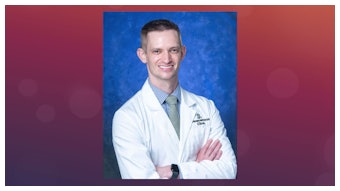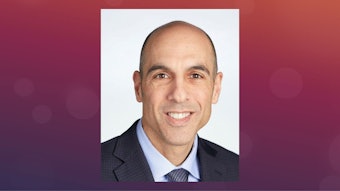Gut instincts
Hospitalists prepare for myriad GI-related conditions.

A day in the life of a hospitalist likely includes seeing multiple patients with gastrointestinal (GI) issues. Yet, this all-too-common patient complaint, which can range from gallstones to pancreatitis, continues to challenge even the most experienced of hospitalists.
According to Benjamin Verplanke, MD, FACP, FHM, section chief of hospital medicine at NYU Langone Health in New York, there’s always more to learn when caring for patients with GI illness. Dr. Verplanke is the director of Wednesday’s session, “Jackpot! Winning Strategies of GI Care For the Hospitalist.”
“GI conditions account for a significant number of patients who are admitted to the hospital, with almost 4 million admissions per year,” he said. “Pancreatitis is a common diagnosis that hospitalists see and treat.”
Pancreatitis, an inflammation of the pancreas that leads to pain, tissue damage, and digestive problems is a serious — and sometimes life-threatening — condition that can progress in unpredictable ways and requires specialized care, Dr. Verplanke said. As hospitalists, it’s important to understand the condition and recognize there is continued evolution in how the disease is treated. Although there is no silver bullet yet, Dr. Verplanke said, the hospitalists’ main tool, fluids, should not be used like a firehose any longer.
“We can be more calculated in the delivery of this treatment,” he said.
Although pancreatitis is common among hospital patients, Dr. Verplanke said the session will also cover a host of other complicated GI topics, including a “high-yield” discussion on the management of ulcerative colitis in the hospital and side effects of certain treatments that cause people to be hospitalized for GI-related illnesses, including GLP-1 agonists.
Ulcerative colitis treatment can be extremely complicated. The session will shed some light on treatment fundamentals a hospitalist should know along with how they can best collaborate with GI and surgical colleagues to manage these patients. The initial management is well within the hospitalist skill set to treat, Dr. Verplanke said.
“We can feel confident as hospitalists that we are well suited to manage GI cases,” he said. “We are experts at the management of inpatients and that includes knowing when to ask our colleagues for help.”
Ultimately, Dr. Verplanke said that the full session will both inform and inspire confidence among hospitalists.
“I want hospitalists to feel empowered to make decisions and also feel comfortable asking consultants for help,” he said.
Visit SHM Meeting News Central for more coverage.











